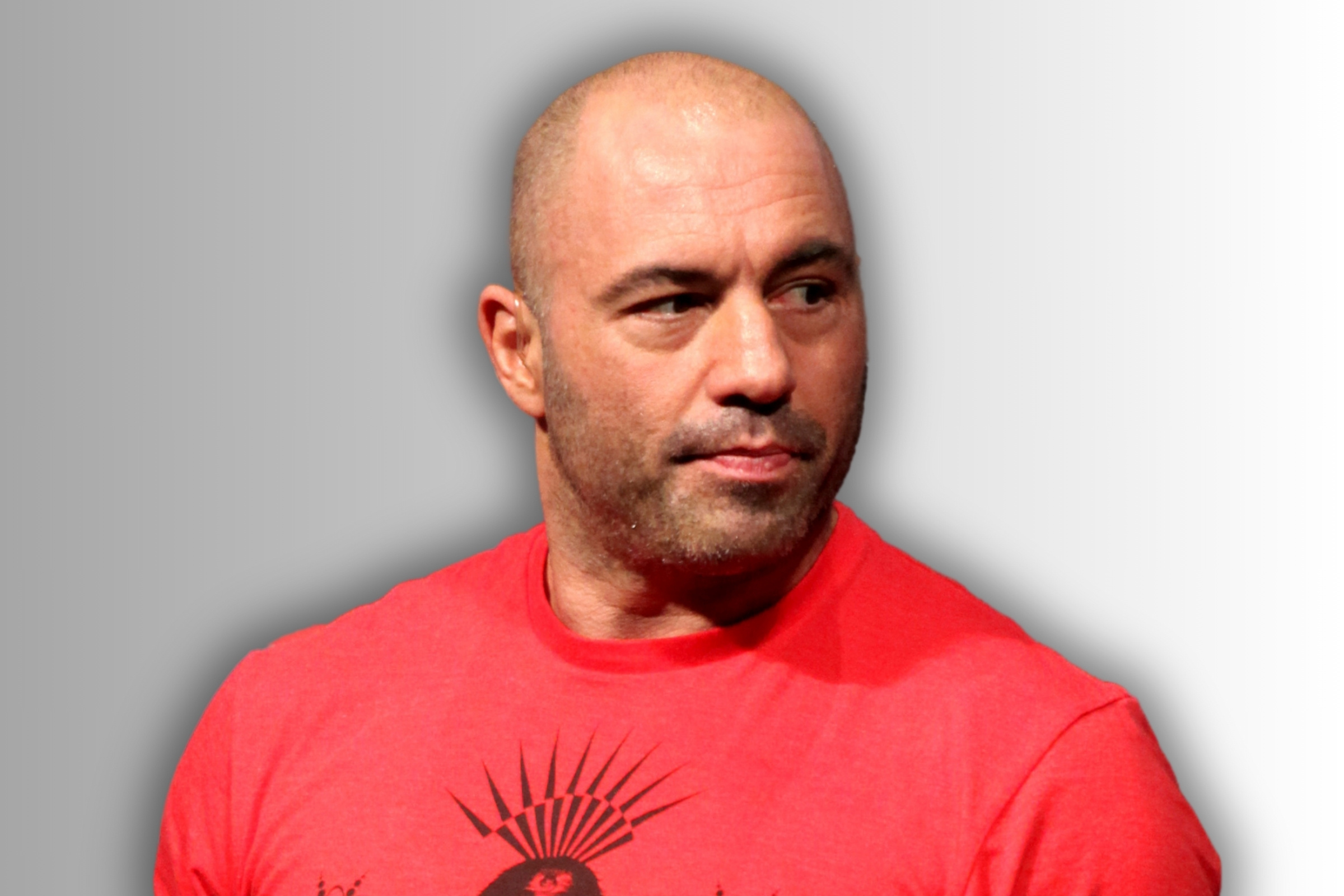Joe Rogan's Most Controversial Conspiracy Episodes: A Deep Dive
Joe Rogan, the controversial host of the wildly popular Joe Rogan Experience podcast, has become synonymous with pushing the boundaries of acceptable conversation. While lauded by many for his unfiltered interviews and willingness to explore diverse viewpoints, he's also faced significant criticism for platforming guests who promote misinformation and conspiracy theories. This article delves into some of Rogan's most controversial episodes, examining the content, the backlash, and the wider implications.
The Rise and Fall (and Rise Again) of Controversial Content:
Rogan's podcast, initially focused on stand-up comedy and mixed martial arts, evolved into a sprawling platform for discussions on a vast range of topics. This broad scope, however, has inadvertently (or perhaps intentionally) led to the amplification of numerous conspiracy theories. While Rogan himself often claims to be simply engaging in "open dialogue," the lack of critical pushback from him during certain interviews has been widely condemned.
Episodes that sparked outrage:
Several episodes have drawn significant ire from the public, media outlets, and even Rogan's own sponsors. These include:
-
Episodes featuring Alex Jones: Jones, a known purveyor of misinformation and conspiracy theories, appeared on the JRE multiple times. These appearances, particularly discussions surrounding the Sandy Hook Elementary School shooting, drew fierce criticism for their insensitive and potentially harmful nature. The episodes highlighted Rogan's willingness to give a platform to figures with a history of spreading falsehoods.
-
COVID-19 Misinformation: Rogan's interviews with guests who promoted unproven COVID-19 treatments and questioned the efficacy of vaccines generated significant controversy. These episodes led to widespread accusations that Rogan was contributing to the spread of misinformation during a public health crisis, prompting Spotify, the podcast's host, to issue a content advisory. This fueled a larger debate about the responsibility of podcast platforms in regulating their content.
-
Discussions on Election Fraud: Several episodes delved into unsubstantiated claims of election fraud. This further fueled existing political divisions and raised concerns about Rogan's role in spreading conspiracy theories that undermine democratic processes. The lack of fact-checking and critical analysis within these discussions drew heavy criticism from fact-checking organizations and media commentators.
The Impact and Legacy:
Rogan's controversial episodes have had a demonstrable impact. They've sparked broader discussions about:
-
Platform responsibility: The controversies surrounding the JRE have highlighted the challenges faced by podcast platforms in balancing freedom of speech with the responsibility to mitigate the spread of misinformation.
-
The spread of misinformation: Rogan's platform, given its immense reach, has amplified the spread of false narratives, underscoring the danger of uncritical acceptance of information presented online.
-
The role of critical thinking: The events surrounding Rogan's podcast have reinforced the importance of media literacy and critical thinking skills in navigating the complexities of online information.
Looking Ahead:
While Rogan has occasionally addressed criticism, his approach to controversial content remains a point of contention. The ongoing debate surrounding his podcast highlights the need for greater media responsibility and a more critical approach to consuming online information. The future of the JRE, and its impact on public discourse, remains to be seen.
Call to Action:
What are your thoughts on Joe Rogan and his controversial episodes? Share your opinions in the comments below. Let's have a respectful discussion about the importance of critical thinking and responsible content creation. Furthermore, research credible sources of information to form your own informed opinions. Don't rely solely on single sources, especially those prone to bias.

